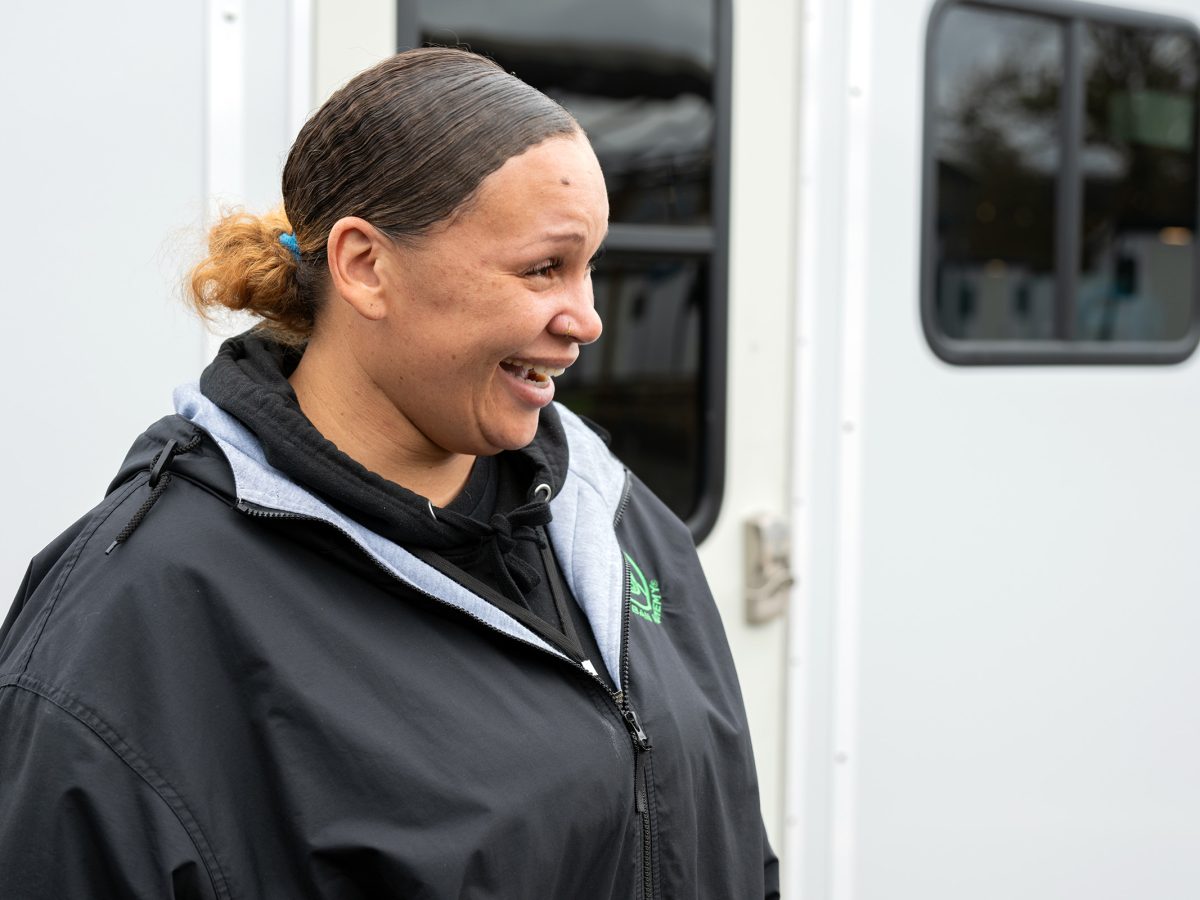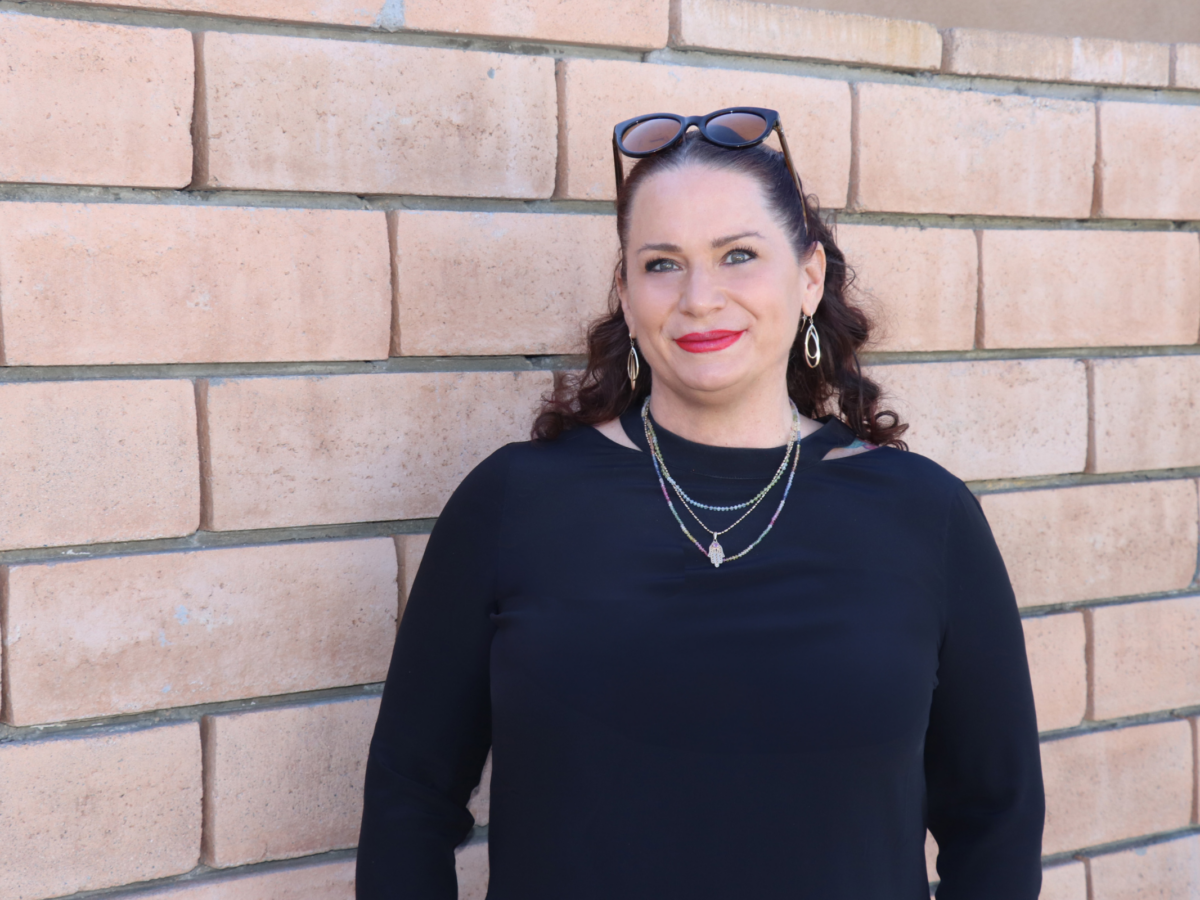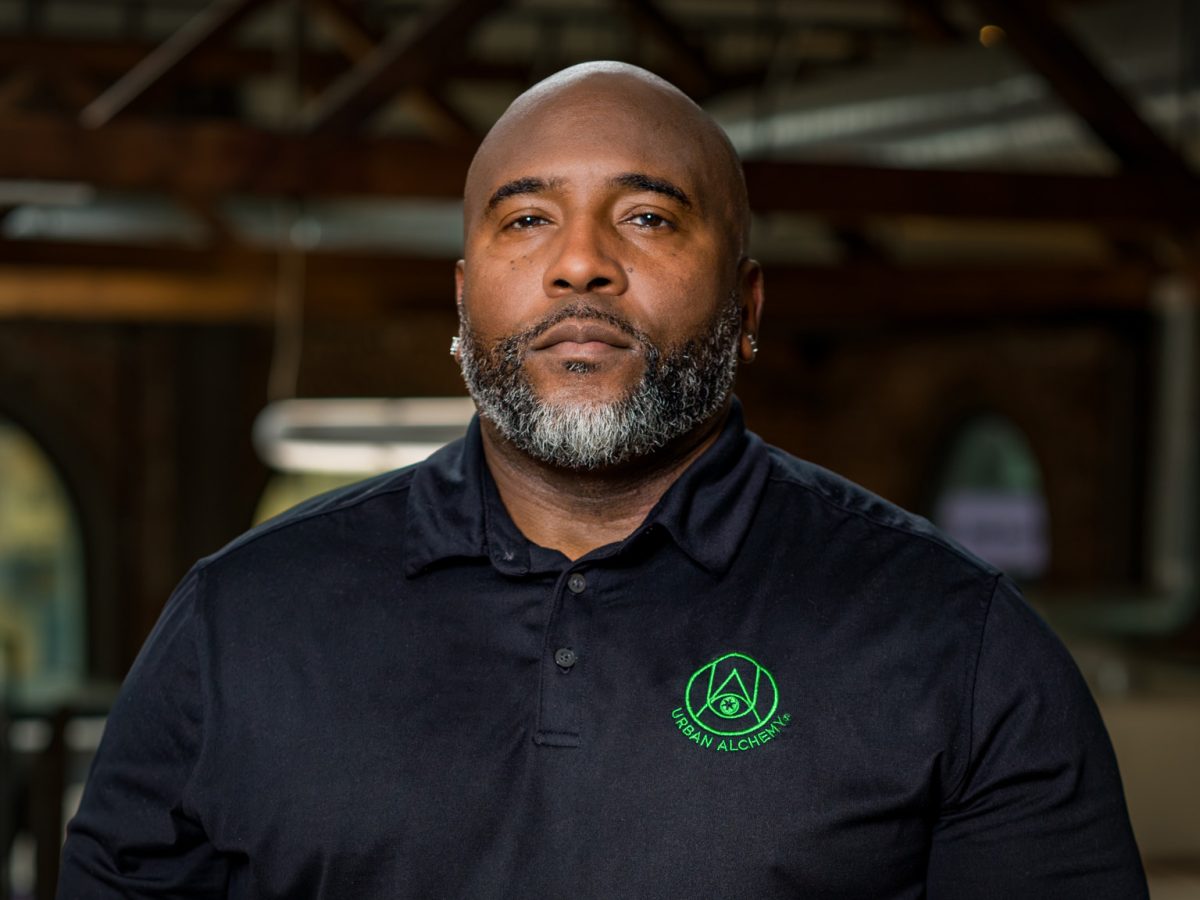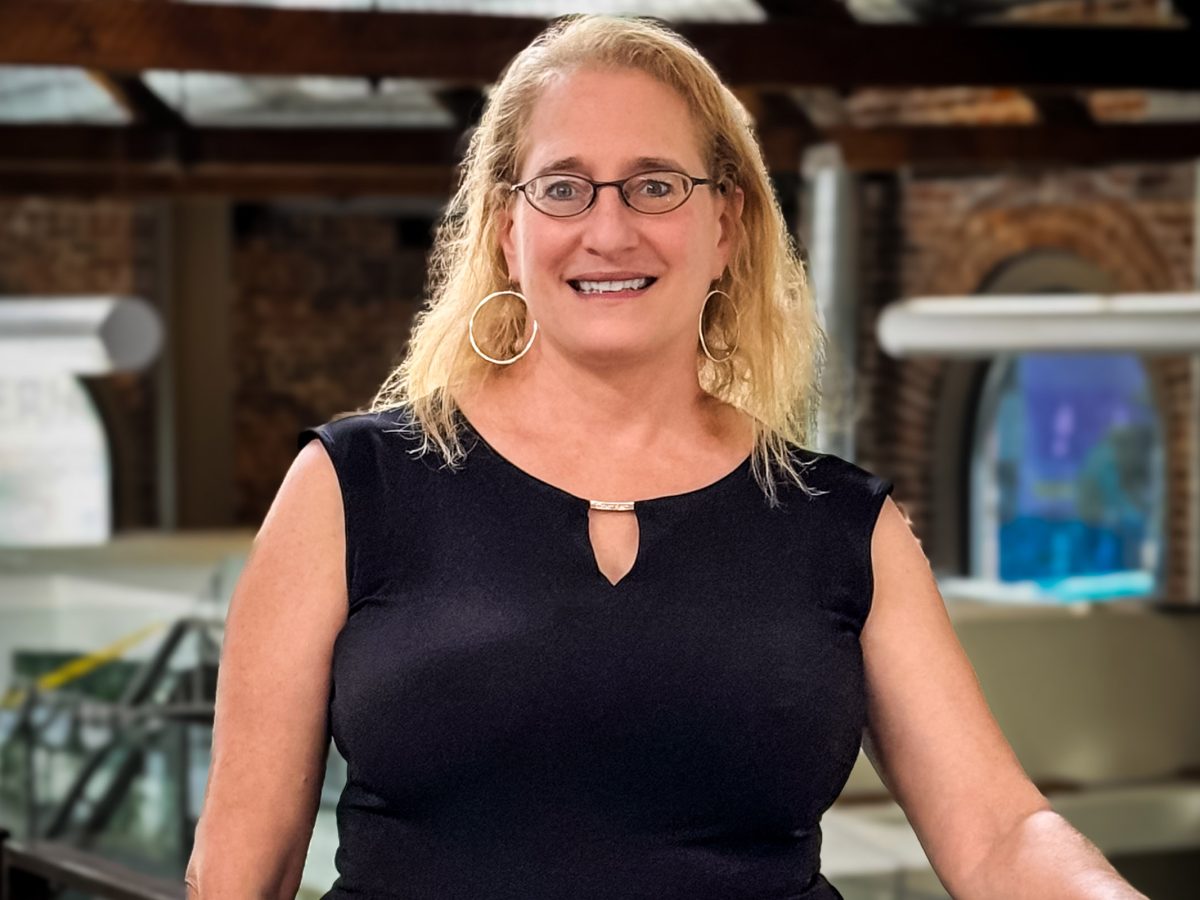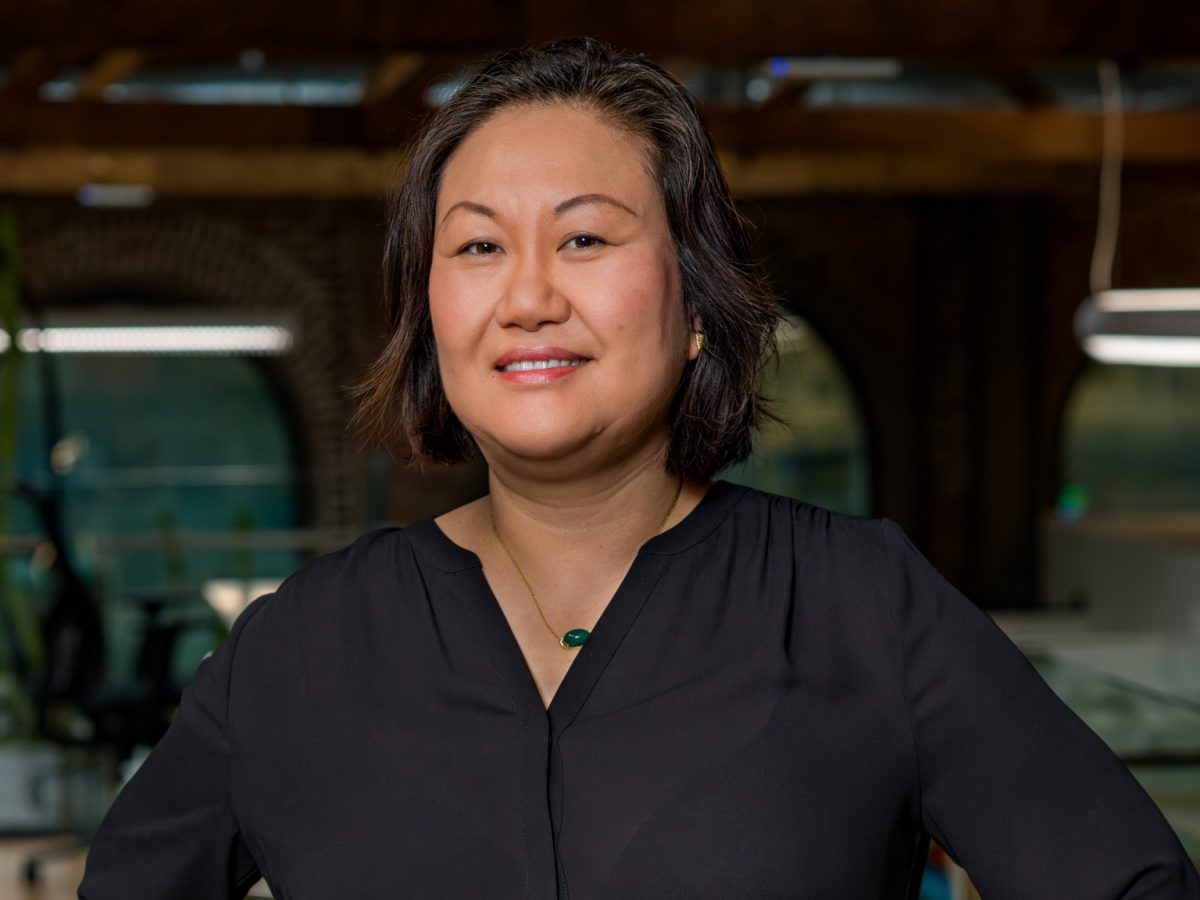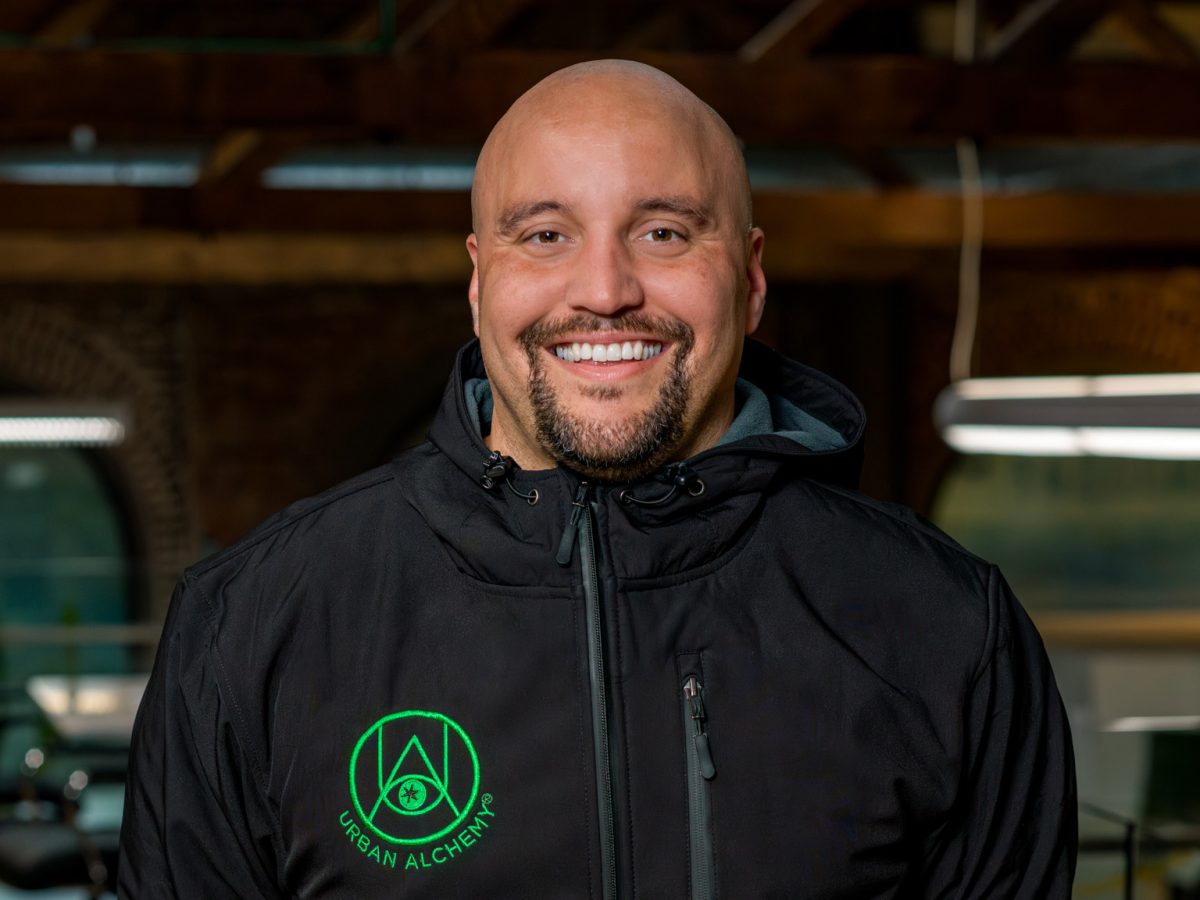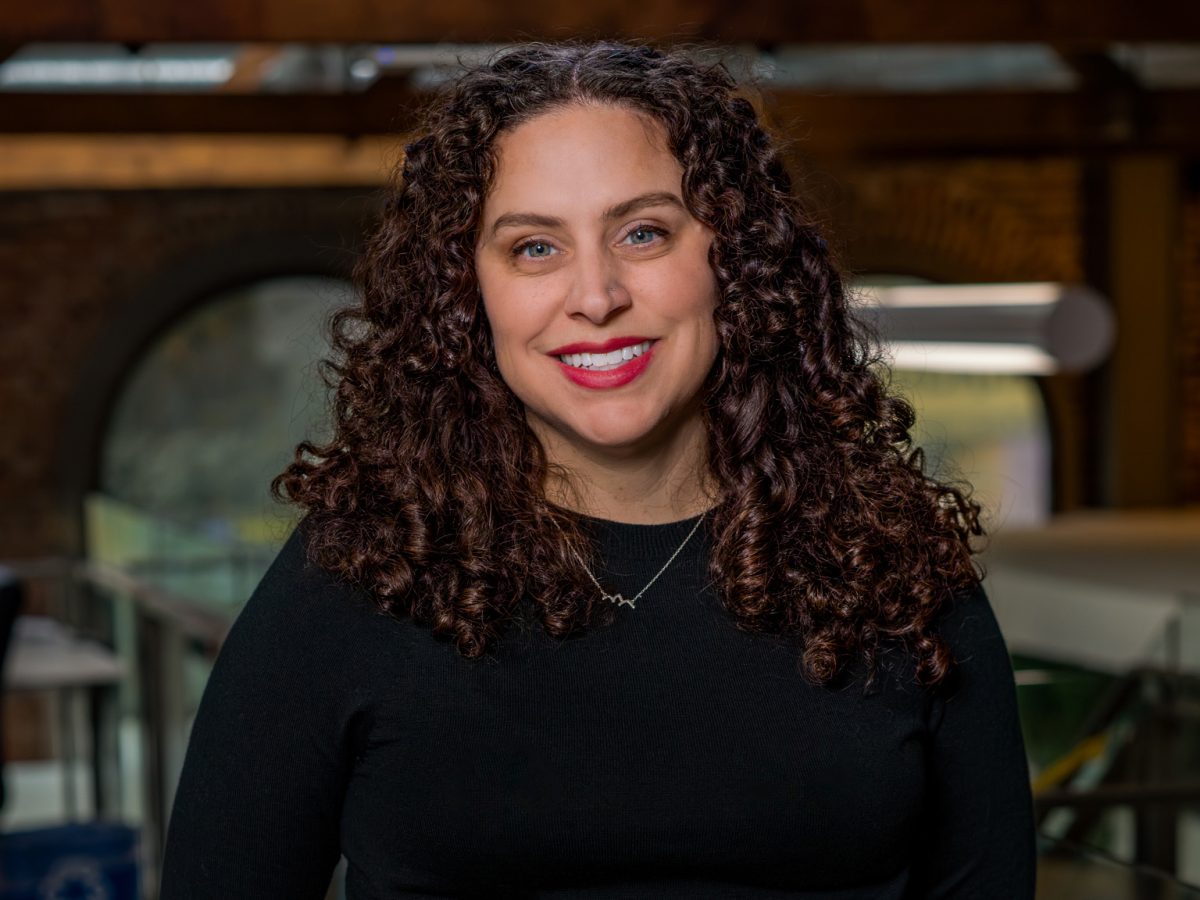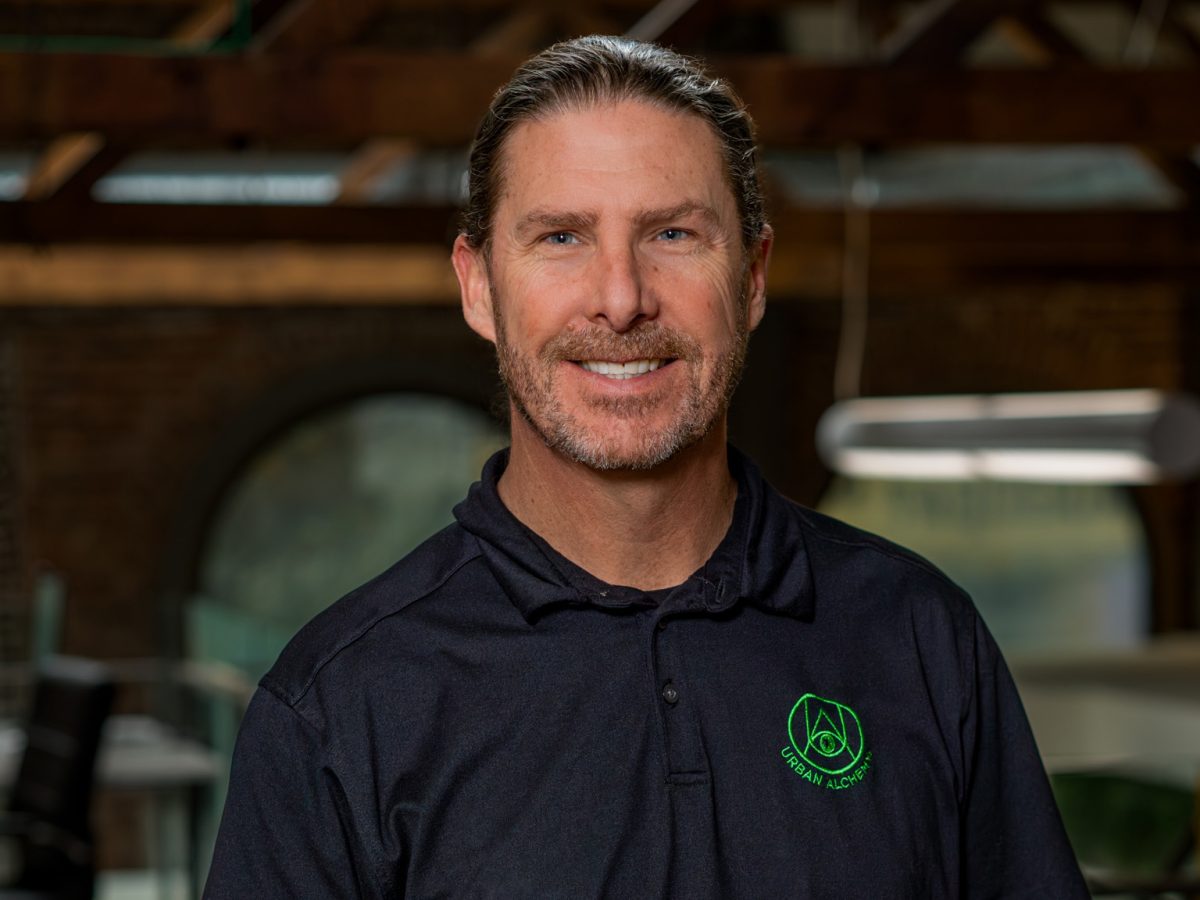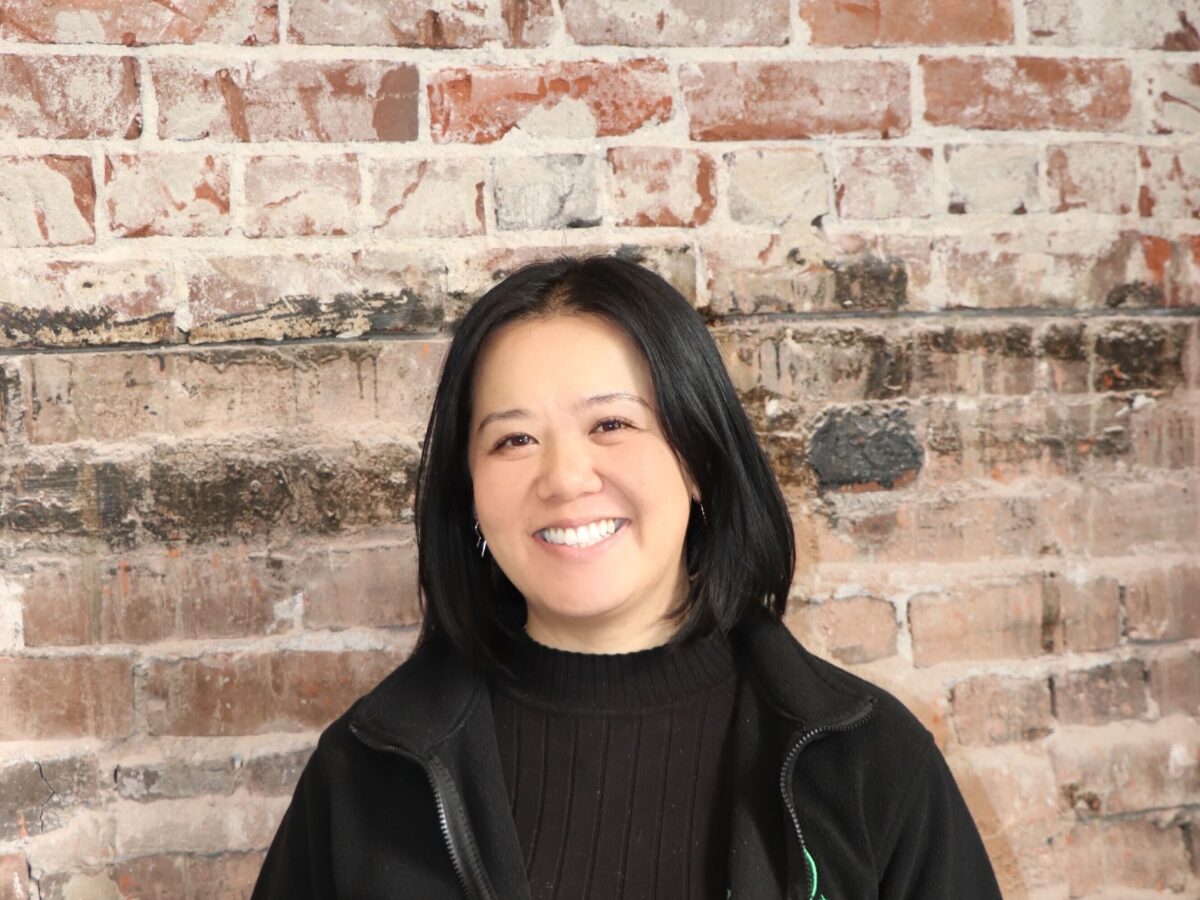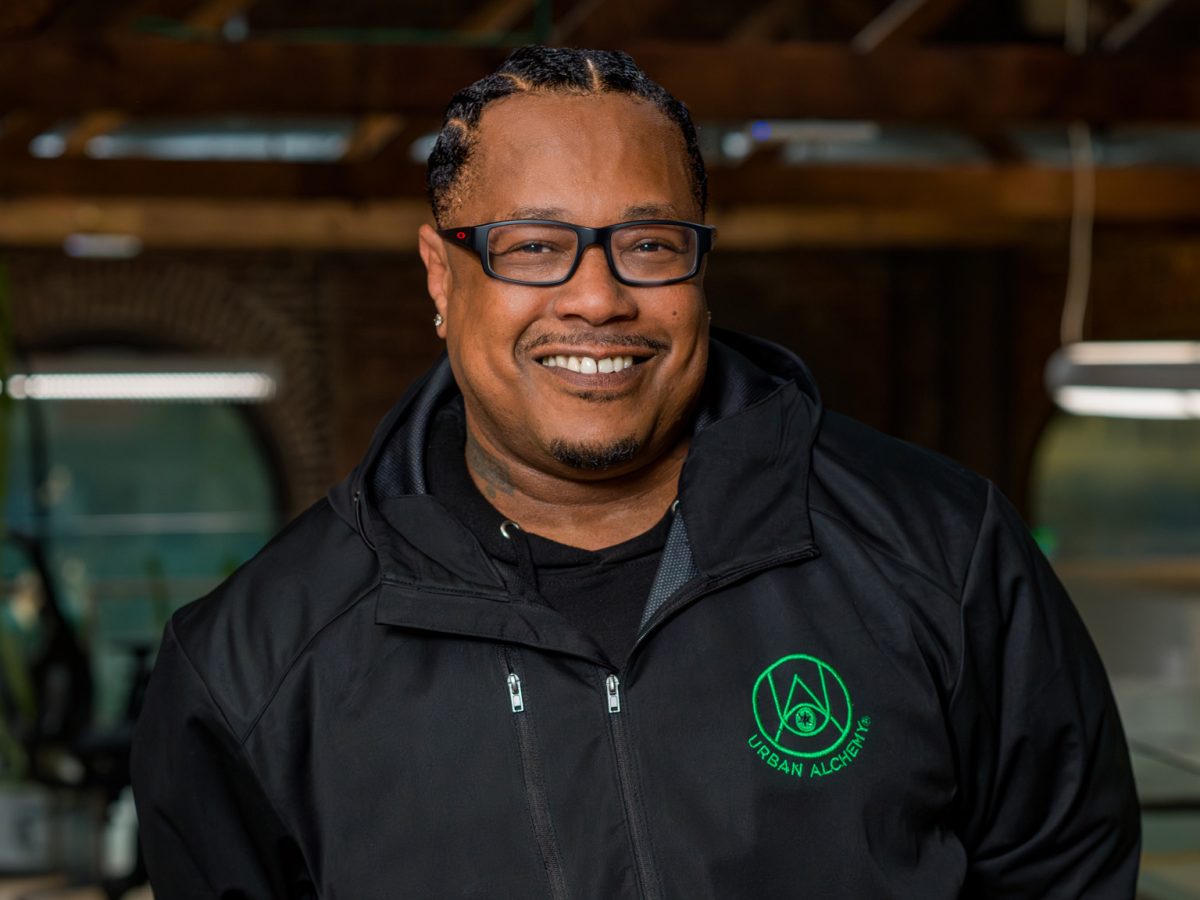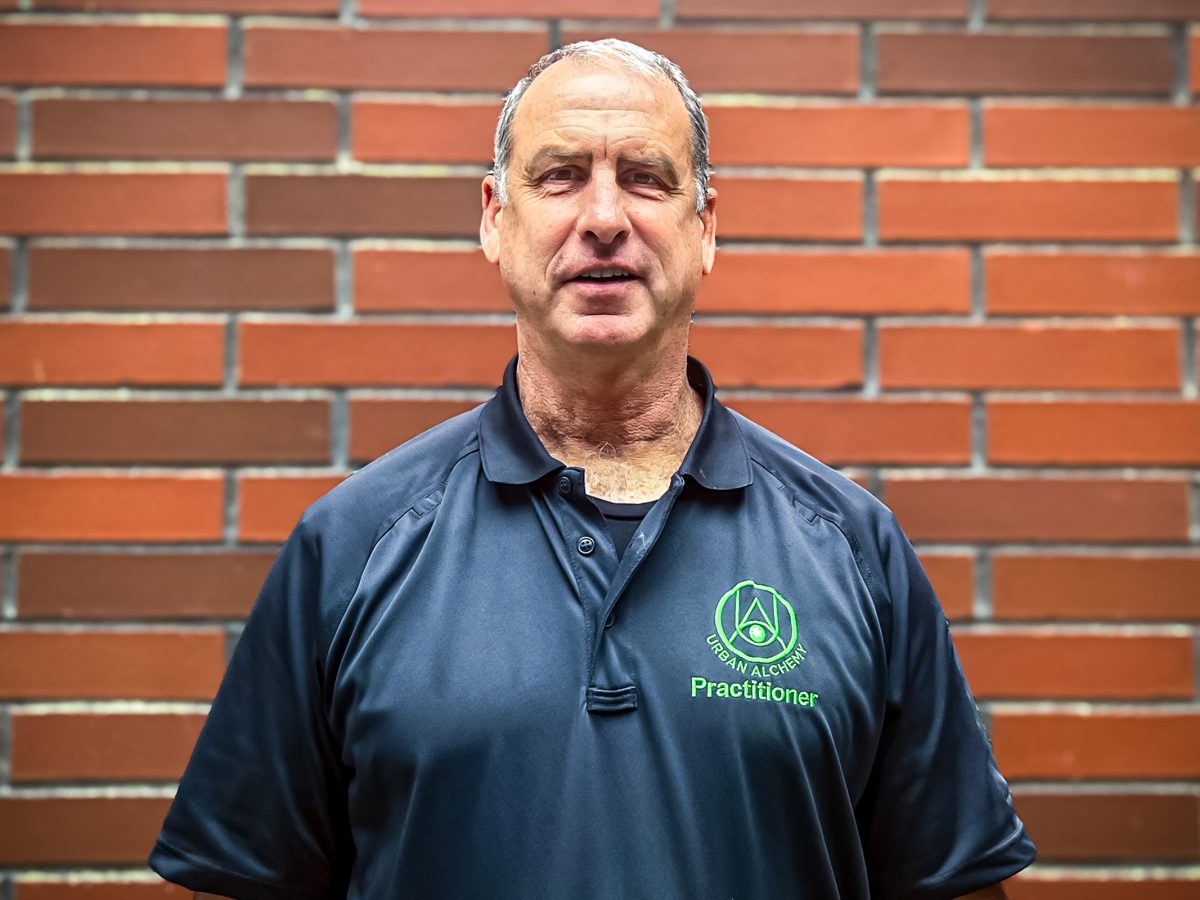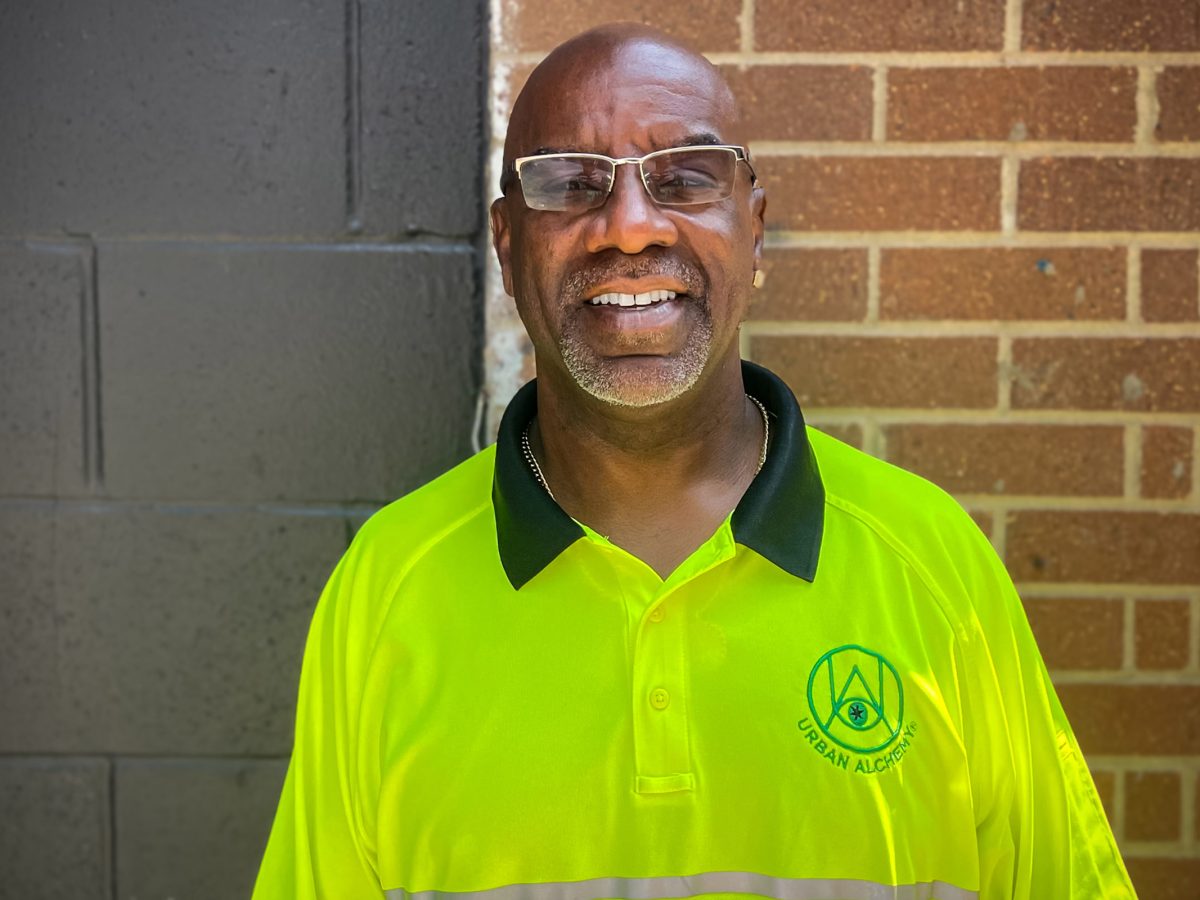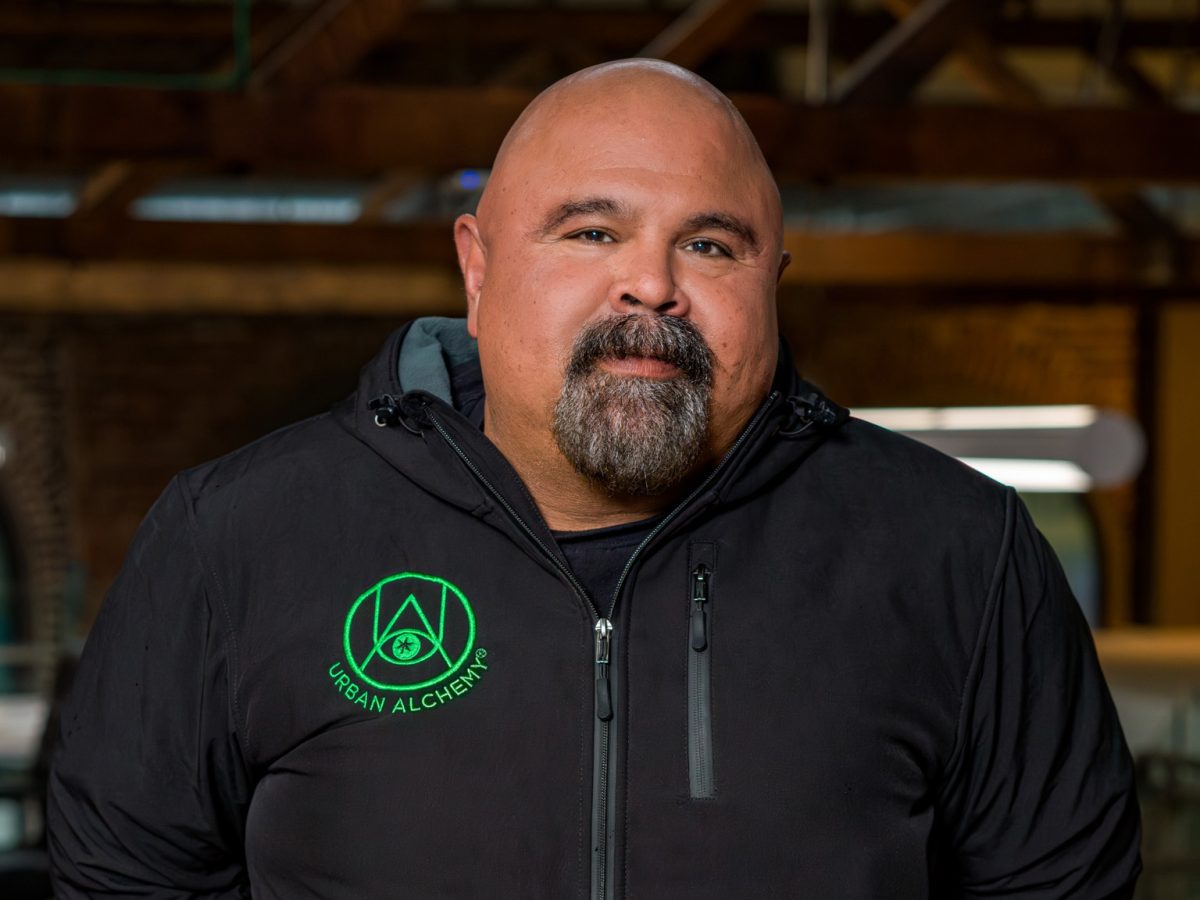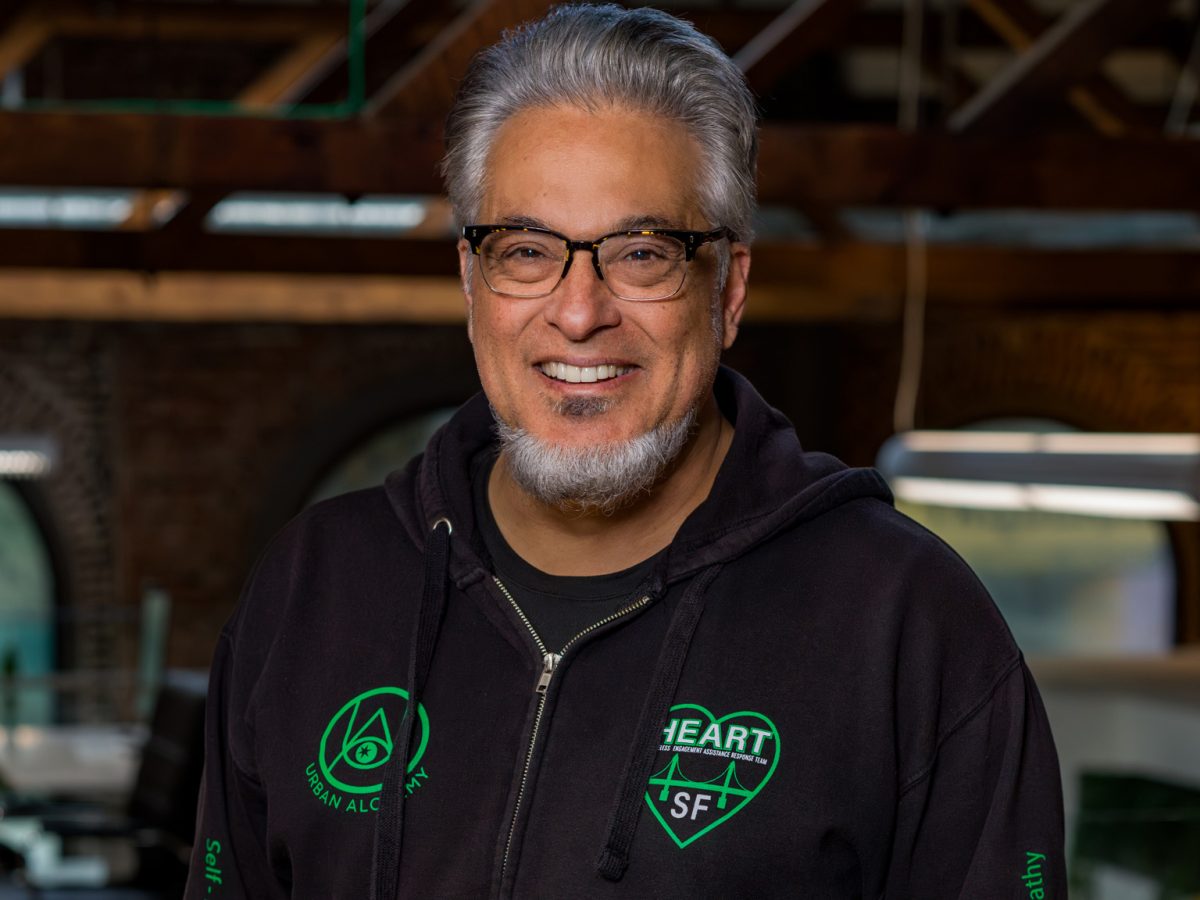
Our People
Urban Alchemy provides more than 1,200 returning citizens and persons with lived experience with stable, well-paying career opportunities, and collectively pays them more than $80 million per year in wages and benefits.
We harness the skills and energy of these returning citizens to transform people and places through love and respect.
Ninety-six percent of our staff have personally experienced incarceration, most serving long prison sentences. The trauma of long-term incarceration compels individuals to undergo inner work that transforms the self. Through this journey, they develop extraordinary emotional intelligence and leadership skills, uniquely qualifying them to connect with the most marginalized in our society.
Our model works because Urban Alchemy staff, known as Practitioners, share a profound connection with society’s most vulnerable and see themselves in their struggles. Practitioners recognize the humanity in those who are struggling and treat them as they once wished they had been treated. They bring deep passion and commitment to their work in the community, often because it’s their communities that are suffering the most.
The recidivism rate among our staff is under 2%, in stark contrast to the national average of well over 50%. Formerly incarcerated people are also nearly 10 times more likely to experience homelessness, but the rate of homelessness among our staff is functionally zero.
Additionally, more than 80% of our staff identify as Black, Indigenous, or People of Color, providing cultural competence needed for this work. These shared experiences create a deep bond and spirit of mutual support, resulting in thriving employees who consistently deliver exceptional work.
Urban Alchemy offers Practitioners more than just a job; we provide the opportunity to work for an organization built by and for people who have been incarcerated. Through extensive training, competitive compensation, and ongoing support, we ensure their success and offer pathways to a long-term career. We also provide Practitioners the opportunity to give back to their community, which is a profoundly important part of re-entry. All these elements combine to support Practitioners’ personal journeys as providers, family members, and community leaders.
Kaesha
Staff
Board

